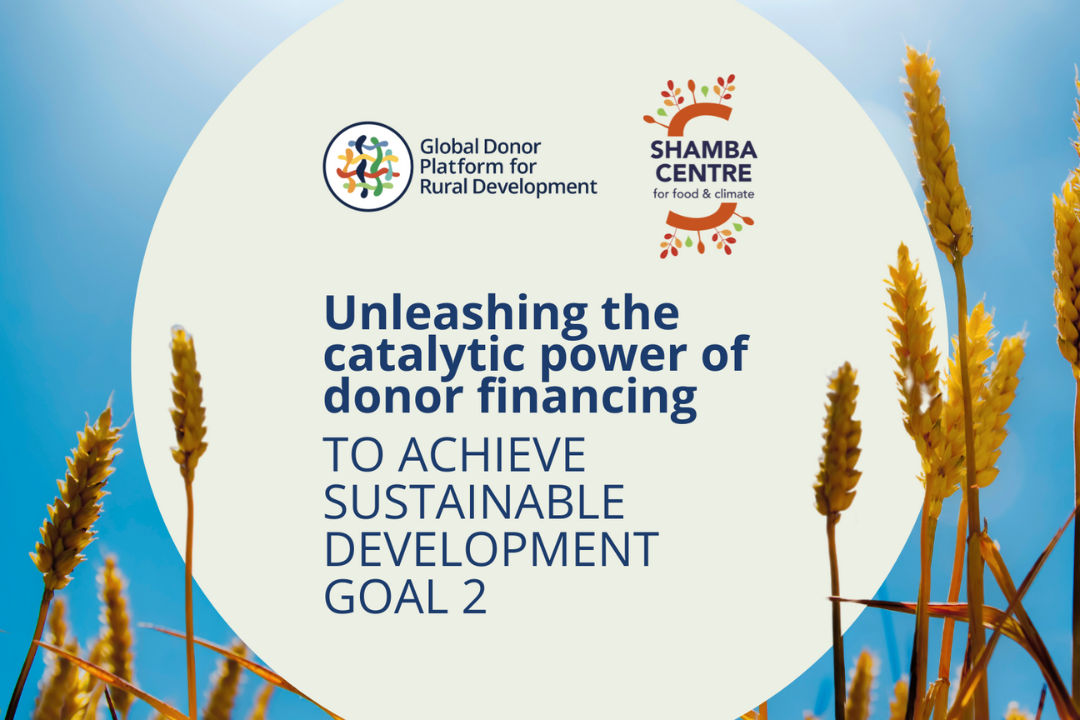Food Systems Recommendations Database
This database was developed by the GDPRD to collate and summarize recommendations from key international reports related to food systems and rural development. Recommendations with similar messages are grouped to form a clustered recommendation. All singular and clustered recommendations are allocated to thematic areas (eg. gender, climate, resilience).
Notes on sources and methodology:
For optimal usability, view this page on a computer or tablet. To provide feedback on functionality or suggestions on content, email us.



